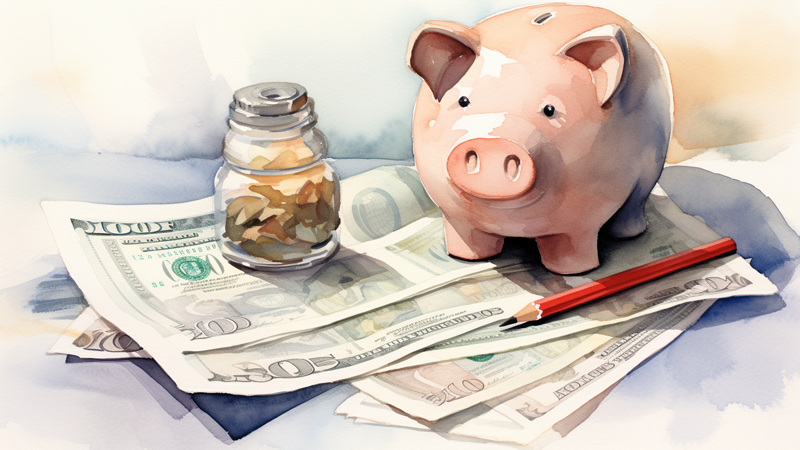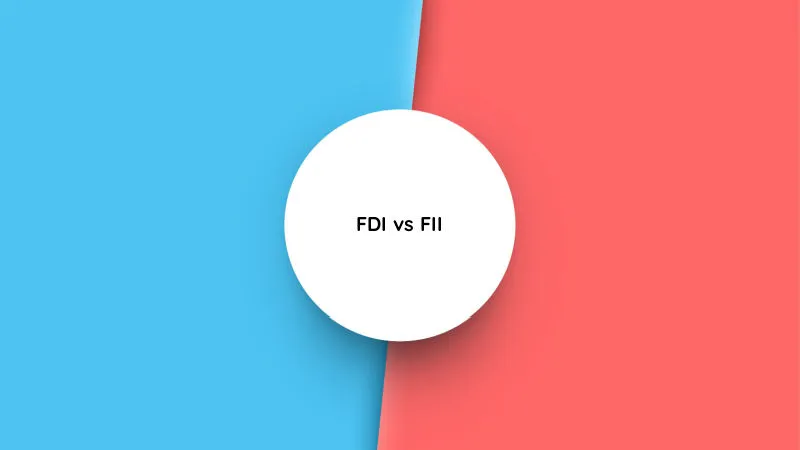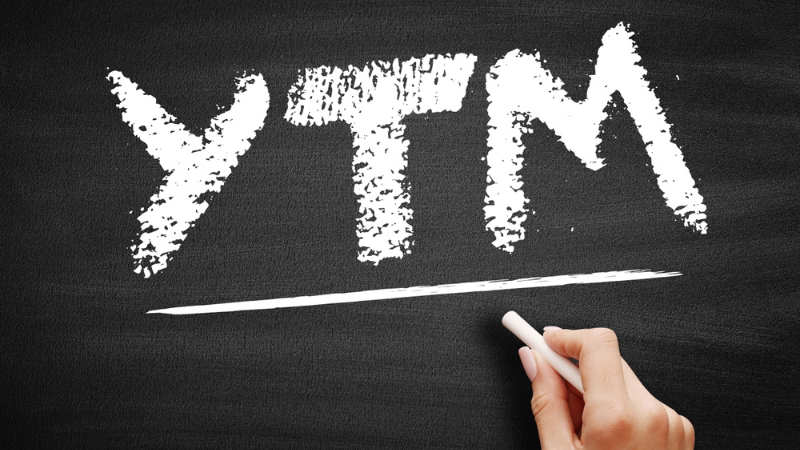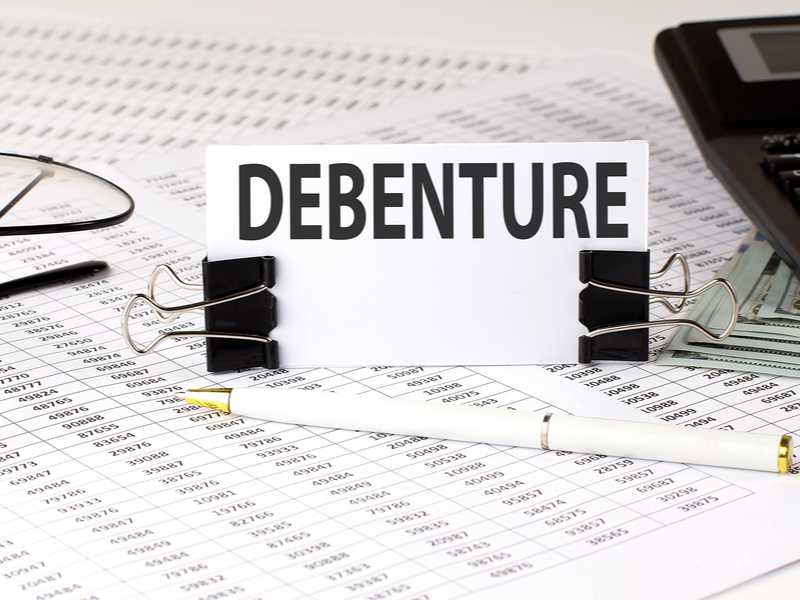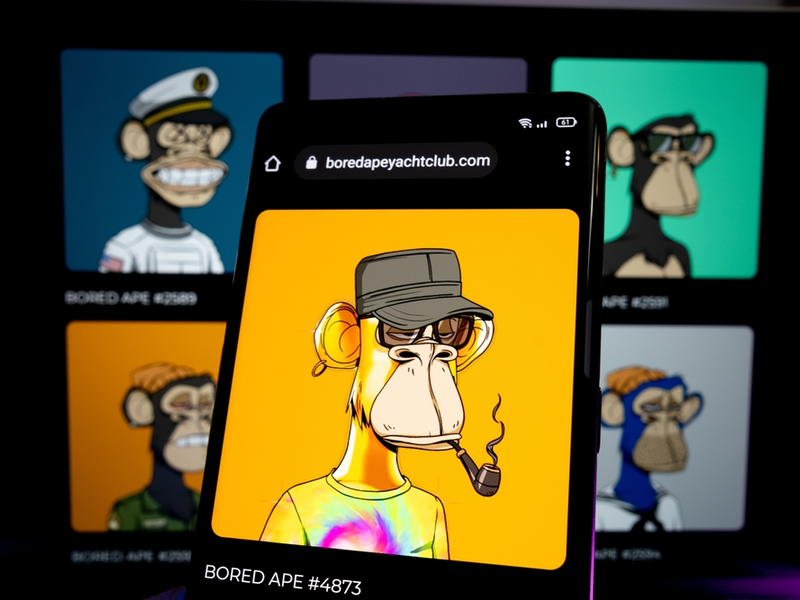
Non-fungible tokens (NFTs) have recently gained massive public attention as a means of assigning value to almost anything, whether it is art or music or even a photograph. In 2021 alone, NFT sales rose to $25 billion as it gained unprecedented popularity combined with the increasing interest shown by celebrities and tech experts.
Many investors are curious to know more about NFTs and how do they function? Here is all you need to know what are NFTs and why they have gained significant popularity in recent times.
What is a non-fungible token?
A fungible asset in economics means something that has units and can be easily interchanged, such as money. For instance, we can interchange a Rs. 100 note with two Rs. 50 notes and the value will remain the same. Non-fungible means a unique object that has exclusive features and cannot be exchanged. For instance, a house or a unique painting that is one of a kind. While you can capture an image of the painting or get a print but the original painting will not be replaced in value.
Non-fungible assets or NFTs are one-of-a-kind or unique digital assets. These can be bought or sold like any other asset but without a tangible form.
NFTs are digital tokens that provide a certificate of ownership towards physical or virtual assets. So, what assets do NFTs represent? An NFT can be almost anything that can be converted into a digital form including, drawings, pictures, videos, selfies, tweets, etc. These can then be traded online through cryptocurrency.
How do NFTs work?
NFTs or nifties represent real objects, including art, craft, music, videos, in-game items, etc. These are generally encoded with an underlying software similar to cryptocurrencies. One can buy NFTs using cryptocurrency Ether or even in dollars. While these can be viewed by anyone, only the buyer is considered the official owner, as he/she has digital bragging rights.
1. Based on blockchain technology
NFT works on blockchain, allowing users to have full ownership of a digital asset. Blockchain technology is commonly used by cryptocurrencies like bitcoin. This technology helps in creating a permanent record of decentralised data that is time-stamped and publicly accessible.
2. Exclusive ownership of digital assets
As an example, suppose a photographer wants to convert his/her digital asset to an NFT such that he/she has proof of ownership that is backed by blockchain. This process, where exclusive ownership rights are given to an individual, gives rise to an NFT, or as they say, NFT is minted. Since it involves exclusive ownership, an NFT can have only one owner at any given point. NFT owners can digitally sign their unique creation and include specific information by using NFT metadata. Such information can only be viewed by the individual who purchases the NFT.
Why NFT?
So why do people want to spend huge sums of money on something that can be easily downloaded or printed? The answer is that when an NFT is listed in a marketplace; the person listing it pays a gas or transaction fee for utilising the Blockchain. The digital art then gets recorded on Blockchain with the owner’s name and address against the particular NFT. This gives the individual complete ownership, and the same cannot be modified by anyone.
The primary reason why NFTs are gaining huge popularity is that people can easily showcase and sell their digital artwork using this method. Since its inception back in 2015, the world has seen billions of dollars being poured into NFTs. The world’s first NFT that was set on Ethereum Blockchain was Terra Nulius. Later, in 2021, with increasing popularity, NFTs moved into mainstream adoption.
What makes NFTs risky?
While NFTs have caught the fancy of many investors, like any other new asset category, these too are prone to scams. There have been many reported incidents about unverified sellers who misrepresent real artists and try to sell copies of their artworks at cheaper rates. Fake marketplaces are equally rampant in the NFT space.
Another risk that is increasingly being highlighted with NFTs is the negative impact that it can have on the environment. For validation of every transaction, crypto mining has to be done. This, in turn, requires high-powered computers running at extremely high capacity, which can affect the environment in the long run.
Conclusion
NFTs are increasingly being shown as prized possessions in the virtual world for people to showcase their social status and taste for fine things. Investors view NFTs as tempting investment avenues due to constantly rising prices and profit-making opportunities. Many even sell NFTs within just a few days or hours of buying them to earn handsome returns. However, experts caution investors against going with the sudden surge and using maximum caution when dealing in NFTs due to their digital format and unregulated environment.
FAQs
NFTs and cryptocurrencies are not the same, although both of these rely on Blockchain technology. Cryptocurrencies are a form of currency and are fungible and, therefore, interchangeable. NFTs, however, are non-fungible, meaning one NFTs value is not the same as another NFT. Since NFTs give ownership to unique art which is different from another, these are called non-fungible.
Anyone with a cryptocurrency wallet can easily buy an NFT. Currently, there is no need for KYC to buy or sell art through NFT. As long as one has cryptocurrencies and access to an NFT marketplace, one can buy and sell NFTs.
Blockchain is a distributed ledger that keeps a record of all transactions, just like a bank passbook. The unique feature in these is that all transactions are transparent and can be accessed electronically by anyone. The details of these are secure and cannot be changed or modified after being recorded.
As of now, NFTs are not part of any legal framework in India. These crypto-assets come with a certificate that proves the authenticity of the underlying artwork or unique work. Since these are not governed by any law, people can buy or sell these using cryptocurrencies. Some NFTs also accept dollar payments.
There is currently no clarification from the central government on the legality of cryptocurrencies in India. People can buy or sell these online and any earnings generated from these are liable for tax payments.














